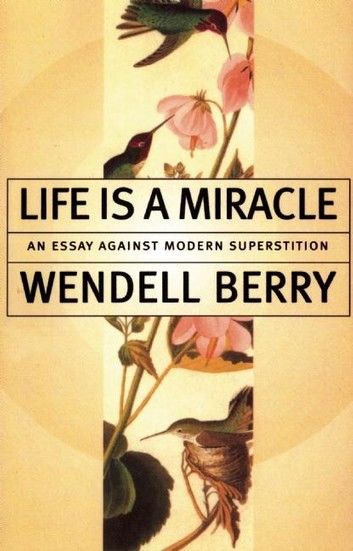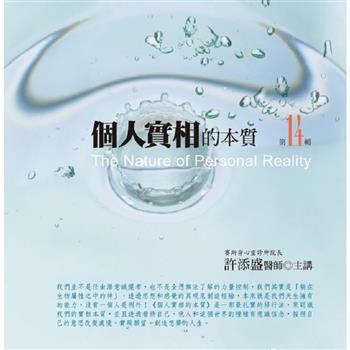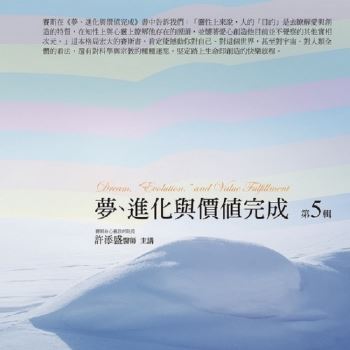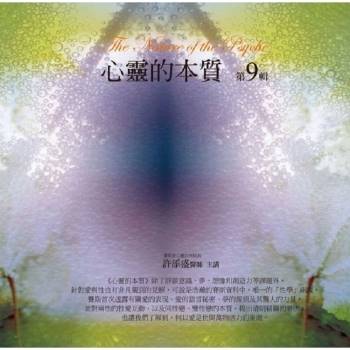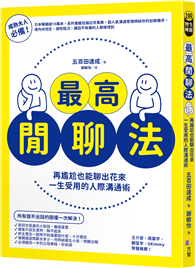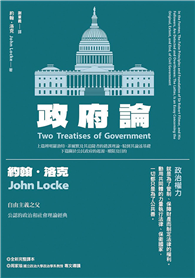One of the most perceptive critics of modern society petitions for an urgent return to knowing things intimately, reverently, and with affection.
Deeply rooted to the land he has lived on for decades, award-winning author, poet, farmer, and environmentalist Wendell Berry argues against the proposition put forth by Pulitzer prize-winning naturalist E.O. Wilson in his bestselling book Consilience, that our best hope for preserving the biosphere lies in linking facts and fact-based theory across the disciplines of the natural sciences. Berry warns that “to reduce the mystery and miracle of life to something that can be figured out is inevitably to enslave it, make property of it and put it up for sale.” Instead, Berry urges that we “go beyond Wilson’s empirical knowledge to imaginative knowledge—to knowing things ‘intimately, particularly, precisely, gratefully, reverently, and with affection’” (Publishers Weekly). In Life Is a Miracle, the devotion of science to the quantitative and reductionist world is measured against the mysterious, qualitative suggestions of religion and art. Berry sees life as the collision of these separate forces, but without all three in the mix we are left at sea in the world.
“[A] scathing assessment . . . Berry shows that Wilson’s much-celebrated, controversial pleas in Consilience to unify all branches of knowledge is nothing more than a fatuous subordination of religion, art, and everything else that is good to science.” —The Washington Post
“[Berry’s] poems, novels and essays . . . are probably the most sustained contemporary articulation of America’s agrarian, Jeffersonian ideal.” —Publishers Weekly
